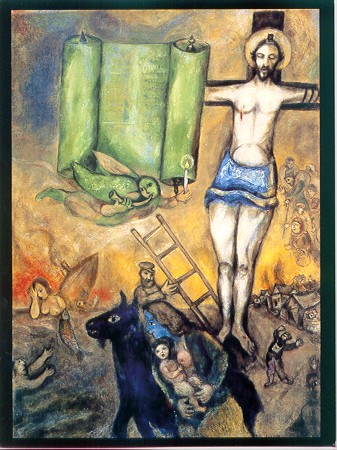All week, I’ll be posting about Lauren Winner’s new book, Still: Notes on a Mid-Faith Crisis. I’m doing so because I think it’s an important book, and I hope that you all read it.
Although Lauren denies it at the beginning of the book, this is a memoir. It is the sequel to Girl Meets God. And it is, like that book, funny, literary, and honest honest honest. It’s that honesty that is most striking to me in the book
A couple years ago, Lauren got divorced. In fact, we got divorced at about the same time, and we had a couple of late-night phone conversations about our shared experience. I didn’t really know Lauren before that, and we’ve become close friends since.
Back when we first talked about our divorces, we discussed the incredible pain involved. We also wondered about how honest we’d be able to be about our divorces in the Christian community. There is an inevitable — and understandable — stigma attached to divorce in the church, particularly among those of us who are considered Christian “leaders” (authors, speakers, professors, pastors). How honest can we be? we asked each other.
Well, for her part, Lauren answers that question in the preface:
I was carried to the middle of my spiritual life by two particular events: my mother died, and I got married, and the marriage was an unhappy one.
Lauren returns to the marriage and the divorce repeatedly in the book. And in every instance, she speaks respectfully about her former spouse and self-deprecatingly about herself. It’s as though she knows that she needed to leave the marriage, but she still can’t quite articulate why she had to. That’s led a couple of reviewers already to criticizing her for not taking marriage seriously enough, for not having enough sticktoitiveness.
Lauren doesn’t quite say that she got married because she missed her mom so much, but that seems to be one of the issues at play. There is also, as any of us can attest, enormous pressure in the Christian community to get married. It’s the norm, and it’s what’s expected.
As a reader, I think the most wrenching passage in the entire book is when a priest asks Lauren if she was lying when she said her vows on her wedding day (I’ll let you read this passage yourself rather than recreating it here). This is not the kind of thing that is usually repeated outside of the confessional moment, so I can only imagine the extraordinary courage that it took for Lauren to let this moment see print.
As I told someone immediately upon finishing Still, Lauren has given me the courage to write about my own divorce. I don’t know if I ever will — with kids involved, the calculus of memoir become significantly more complicated — but at least now I know that I can.











